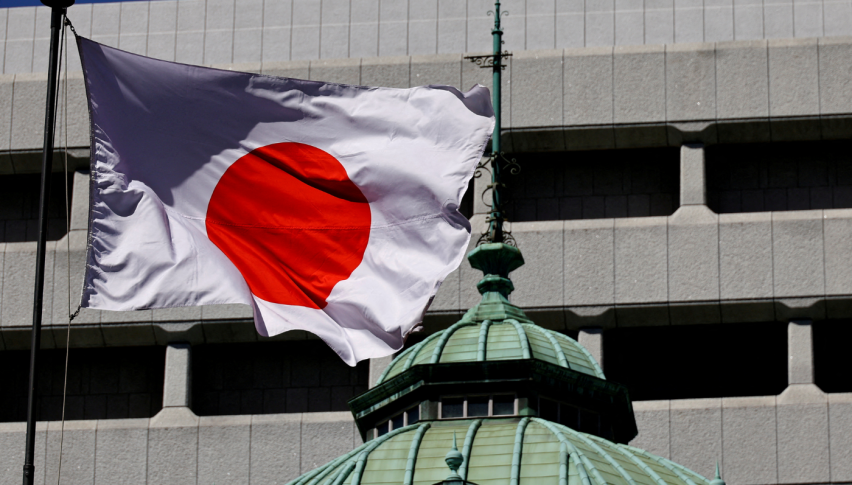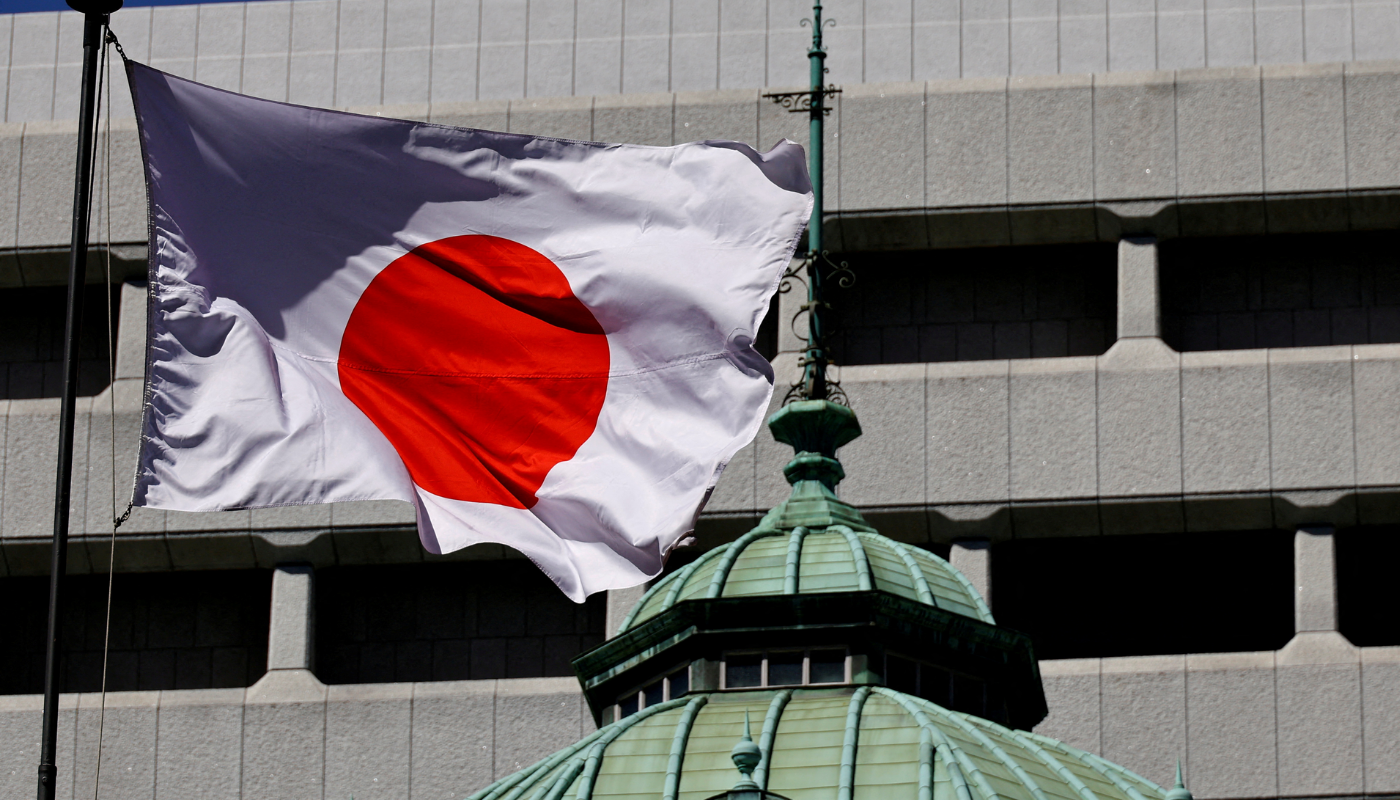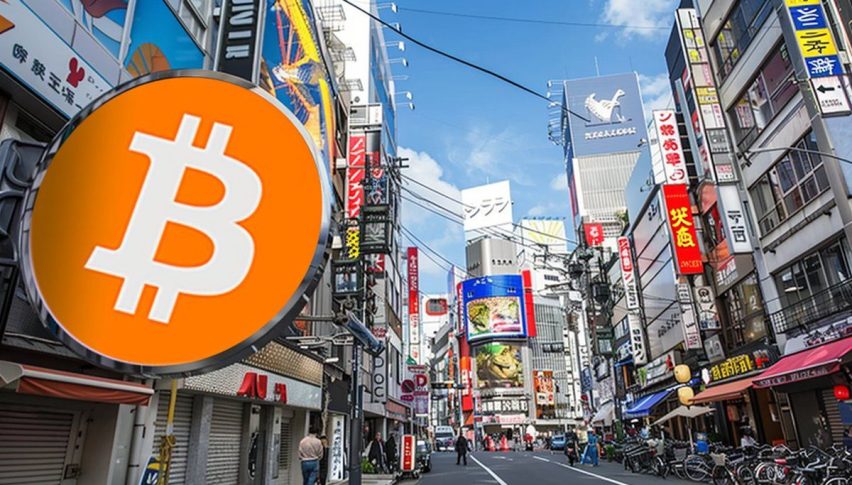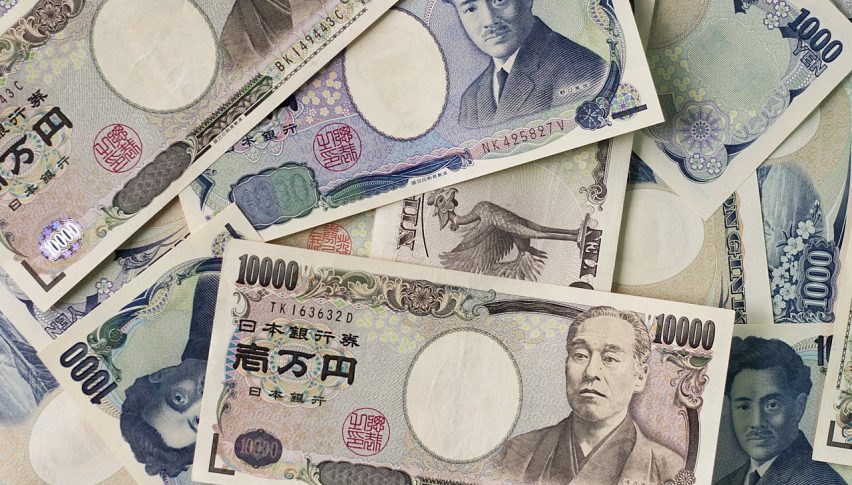Bank of Japan Holds Rates Steady Amid U.S. and Japanese Political Turmoil
Concerned about the state of the Japanese economy after the recent election results, the Bank of Japan (BoJ) declared on Thursday

Concerned about the state of the Japanese economy after the recent election results, the Bank of Japan (BoJ) declared on Thursday that it will maintain its benchmark interest rate at 0.25%. After a significant defeat for Prime Minister Shigeru Ishiba’s coalition, Ishiba was forced to form a minority government.

Consequently, he might have to compromise on spending and taxation in order to appease other parties, which would hinder the speed of reforms meant to strengthen Japan’s competitiveness.
https://twitter.com/Reuters/status/1851846589582610701
The BoJ has issued a warning about “high uncertainties” affecting pricing and economic activity in Japan, citing possible impacts from domestic politics as well as forthcoming U.S. events, such as the presidential election. After progressively tightening its ultra-loose monetary policy for a long time, the BoJ raised rates in July after first terminating negative rates in March. It is under pressure, nevertheless, to postpone any increases in light of the recent political upheavals in order to prevent creating more difficulties for Japan’s economy.
With the backing of the opposition DPP, whose leader Yuichiro Tamaki has cautioned the BoJ against making major policy changes, Ishiba has attempted to pass legislation. The DPP, which gained 28 seats in the most recent election, has said that it will back Tamaki for prime minister in the event that a second vote is required, so thwarting the ambitions of Yoshihiko Noda, the head of the main opposition. There is uncertainty around Ishiba’s future since Japan’s leadership structure will be finalized at the extraordinary legislative session on November 11.
Japan’s Ishiba says the LDP must carry out reforms and reflect on its errors after the ruling party lost its majority in parliament.@SheryAhnNews has the latest from the PM’s press conference https://t.co/9bUTDRE6Zl pic.twitter.com/FGYqthrNNr
— Bloomberg (@business) October 28, 2024
According to the BoJ, Japan’s economy will expand faster than it could, and inflation will reach 2.5% in the fiscal year that ends in March 2025 before lowering to 2.0% in the years that follow. However, falling energy costs could have an impact on future inflation. Governor Kazuo Ueda of the Bank of Japan emphasized the need for prudence because of global issues, particularly those in the United States, that could affect the value of the yen relative to the dollar.
Japanese households are under strain and import prices have increased as a result of the weakening yen. If the yen keeps declining, analysts say the BoJ may have to hike interest rates by the end of the year to keep it stable. Once supportive of the BoJ’s normalizing policy, Ishiba recently implied that market volatility and a soaring currency may make Japan’s economy unprepared for further rate hikes after his election.
https://twitter.com/Investingcom/status/1851880279377330194
With flexibility in policy direction, the BoJ’s current position underlines its intention to keep a close eye on Japan’s inflation and economic development trajectory. Along with modest economic growth, its prognosis calls for a stable inflation target of 2% over the medium term and a 1.1% increase in fiscal 2025. Although the BoJ continues to keep an eye on foreign exchange (FX) movement risks, particularly as companies actively modify pricing and salaries according to economic conditions, Japan’s financial conditions are still mostly favorable.
The BoJ is still focused on a stable economy and stable prices as Japan navigates a politically challenging time and prepares for changes in global economic policy, especially in the U.S. Future rate-change choices will be based on domestic and global economic conditions.
- Check out our free forex signals
- Follow the top economic events on FX Leaders economic calendar
- Trade better, discover more Forex Trading Strategies
- Open a FREE Trading Account


